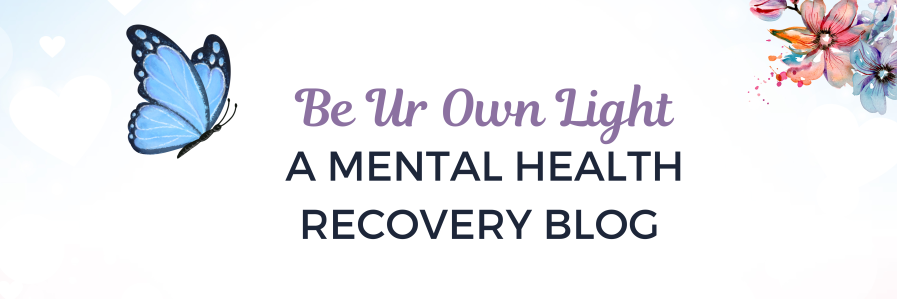When you were a child, your parents always took care of you. But now that you’ve grown up and may have kids of your own, it’s time to take care of them. And when their health starts to deteriorate, and they become too ill for in-home care, the question becomes: how do we find a great assisted living facility?
While the idea of having to send loved ones to an assisted living facility isn’t always a nice one, it’s often the best choice. Not just for their health, but for our own too.
In this article, we’ll walk you through each factor so that finding an assisted living facility feels like less of a daunting task.
Image by Matthias Zomer via Pexels
What Types Of Care Homes Are On Offer?
The world of assisted living facilities is an industry that has snowballed. It’s now booming, and there are many things to consider before you make your final decision. The first step is understanding the different types of senior homes available.
A Care Home
This type of facility covers the personal and day-to-day care of your loved ones. They’ll handle things like washing, dressing, and taking medications on time. Many of them also provide activities and days out. But the quality and amount of these extras are provided depends on the home.
A Nursing Home
Nursing homes cover all the same things as care home, but it’s provided by qualified nurses. So they’re a great choice if your parents have health conditions that need a little extra attention.
A Care Home With Dementia Care
This type of home is targeted towards elderly loved ones with dementia. It’s designed to make them feel comfortable and to keep them safe.
A Dual-Registered Care Home
This facility accepts residents who have personal and nursing care needs. These homes mean that residents who arrive just needing personal care but eventually need nursing care don’t have to change facilities. Instead, they can stay in comfort in the place that has come to be their home.
Choosing a Care Home
One of the most important factors when looking for a senior living facility is the level of care. If your loved one needs special attention due to dementia or any other physical disability, you should find a facility with specialized services to have their needs met.
There’s plenty to consider when it comes to looking at care homes for your loved ones. Before you get into the nitty-gritty, it’s worth taking the time to make a list of what’s important to you in your chosen assisted living facility. That way, you can quickly sift through the homes on offer. Because there will be plenty to get through.
The Staff
The staff at an assisted living facility goes a long way in determining the quality of life for its residents. They must be attentive, caring, and responsive to the needs of each individual. When you visit your prospective home, it’s essential to ask questions about their staff.
The Food
The food served at a senior home is also vital. If meals are not nutritious or flavourful, it can cause malnutrition, weight loss, and other health issues for seniors. Ask if they provide three meals a day or if that depends on what residents choose to eat. It’s important to note that while dietary restrictions can be accommodated at some homes, you may want to find one with more robust catering options and for diets such as kosher or halal.
The Amenities
Another thing to consider when looking for a care home is what kind of environment and amenities it provides. Does it feel open and welcoming? Is there an opportunity for outdoor activities? Are there pets on-site? How big of a community is there? These questions will help you determine which type of environment would best suit your loved one’s needs.
Amenities on-site provide your parents with something to pass the time, stay engaged, and most of all, feel a strong sense of community.
Image by Andrea Piacquadio via Pexels
Always Involve Your Parent
When our elderly loved ones come to need further care that we can’t provide, it’s a challenging time. And while it’s difficult for us to come to terms with, it is just as difficult for them. For many elderly people entering care homes, it’s a massive change to their daily life. Some may not be aware of what it entails, so informing them if possible is important.
Make sure that they’re a big part of choosing a facility. After all, they’re the ones that will be living there. While some health conditions may hamper their understanding of the situation, it’s essential to keep them as involved as possible. Making a list of what they want and then what they need can be helpful to find the best care home options available.
So while finding a care home can be difficult, it ensures that the quality of your loved one of life remains high. When caring for them becomes too much for you to handle, assisted living facilities are there as a helping hand.
This article was written by a freelance writer and contains affiliate links.











